Someone tried to mug me in the Times Square 42nd Street subway station earlier this month. Thankfully, they were unsuccessful and I was able to walk away safely and unscathed. Earlier that evening, I was hanging out with one of my oldest, dearest friends; a disabled woman from London whom I had met twenty years ago at a residential training program for disabled actors in Belfast, Maine- more on that possibly in a future post. We hadn't seen each other in over ten years and we met for drinks at a bar on West 43rd street. As we were walking back to the train, around 42nd and 9th Avenue, a young man asked us for change. We told them we didn't have anything and kept walking. He followed us and kept persistently invading my personal space. I kept trying to politely put him off, but as we made our way up the block he laid hands on me and I had to physically push him away. He followed us down the steps at the subway entrance on 7th Avenue and right before the turnstiles, I felt him reach into my jacket pocket. I got him into a headlock and we fell onto the ground together outside the ticket booth and tussled on the station floor. He began to swipe at me wildly, but I still had him in a headlock and he couldn't free himself or land a good punch. My friend jumped into action immediately and began swiping at him and screaming, "No!' repeatedly. She must have pulled him off me, because we were suddenly both on our feet. I screamed at him to come at me. He accused me of trying to steal his hat, which had come off in the scuffle, then picked it up and ran up the stairs.
The experience has me reflecting on an incident from my past where Disability, Theatre and an act of violent aggression all intersected.
When I was fourteen years old I moved to small town North Carolina from the D.C. suburbs just before the start of my freshman year of high school. My parents had just divorced and I found myself in a new town, at a new school with my family life blown to smithereens and with no social outlets to speak of. The majority of that year was spent taking walks to the downtown area (thankfully only ten-minutes away), buying cigarettes, chain smoking and writing bad, depressive-angst-ridden-adolescent poetry. The community theater was located downtown and my mother, god bless her, got me involved there almost immediately.
The theater was mounting a production of, "The Elephant Man" by Bernard Pomerance. At the time, I knew of "the elephant man"; mostly from news reports focusing on Michael Jackson's desire to acquire his remains. However, I was completely unfamiliar with the biography of Joseph Merrick himself or Pomerance's play.
From the seclusion of the booth I watched the dramatized story of one of the most famous disabled people of all time. At that point, I had no awareness of disability politics and I had no idea I would eventually become a professional actor, an artistic director and devote my professional life towards increasing access and opportunity for disabled theatre professionals. In what may what have also been the first time, I watched a non-disabled actor embody a disabled character on stage. The playwright (Pomerance) is very clear in his Author's note about the casting of the title role.
From The Author's Note:
Merrick's face was so deformed he could not express any emotion at all. His speech was very difficult to understand without practice. Any attempt to reproduce his appearance and his speech naturalistically-if it were possible-would seem to me not only counterproductive, but, the more remarkably successful, the more distracting from the play. For how he appeared, let slide projections suffice.
Perhaps on an instinctual, gut level I understood all of these things. I remember watching the show and thinking, "this is about me. this is my story." I imagined myself in the role and felt an incredible kinship with Merrick's situation.
I got to get out of school early on the day of the student matinee. I remember walking through the lobby of the theater at intermission and having difficulty navigating the crush of teenage bodies in the space. The show came down without incident that day- except for some missed sound cues- I left the theater and began the ten minute walk back to my house.
I have a habit of talking to myself. This has lessened with age, but at fourteen, my mind and my mouth ran about 100 miles a minute. As I awkwardly ambled and rambled on, I was also humming the tune of the haunting, interstitial cello music that was played during the production's scene changes. As is common when I am walking too fast and not paying attention, I tripped over my own feet and stumbled before regaining my balance. When I recovered, I glanced behind me and noticed a boy, slightly older, walking about twenty feet behind me. I gave him a nod and then chastised myself for being caught monologuing out loud in ear shot of a passerby. The next thing I remember hearing is the sound of rapid footsteps behind me, then being shoved hard from behind and hitting the ground face first. I remember the sound of footsteps running away and catching the back of my assailant quickly turn the corner and disappear out of sight.
I was bleeding everywhere. There were lacerations on my face, a deep gouge in my left elbow and on both knees. I was suddenly filled with a rage I have only experienced maybe once or twice in my lifetime. A torrent of swear words, some that haven't even been invented yet, made their way out of my mouth in a sustained, guttural yell as tears streamed down my face. I was only three minutes from my house. I cut through the parking lot behind an office building as a monkey-shit brown Datsun pulled up along the road and stopped. It was packed with teenagers. One rolled down the window and said, "Hey man, are you okay?" I knew the person who had pushed me must be in the car. I screamed, "fuck you!" at them, flipped them the most defiant middle finger I could muster and made my way home.
My mother asked me what happened and when I tried to tell her, I could tell that she had no idea how to comfort me. It's not that I was inconsolable. For the first time in my life, I realized that someone might hate me because of my difference- enough to do me physical harm. I could see in my mother's eyes that she had no understanding of the deep-seated pain I was experiencing; or perhaps she understood all too well...
What does this have to do with almost getting mugged in the 42nd Street Subway station? I have been seriously pursuing this career for twenty years now. It pains me to say that, unfortunately, not much has changed since I was fourteen years old. I still often feel like an outsider in a field that breaks its arms patting itself on the back for how diverse and inclusive it is. In 2020 I find that myself and members of my community possess ways of moving and thinking that many still find "distracting to the play" and that there are those who will still exploit my apparent, physical vulnerabilities to do me harm.
I have never forgotten what happened to me that day. That attack, coupled with the experience of working on that production played no small part in forging my identity as a disabled person and as a disabled artist. Today, I am no longer an adolescent boy. I am an adult who has worked hard to cultivate a sense of community and carve out a space for myself and others like me. This business can be unforgiving; at times abusive. It will try and take everything and most days give nothing back in return. This time though, I'm ready, and I am thankful for those friends who have my back.
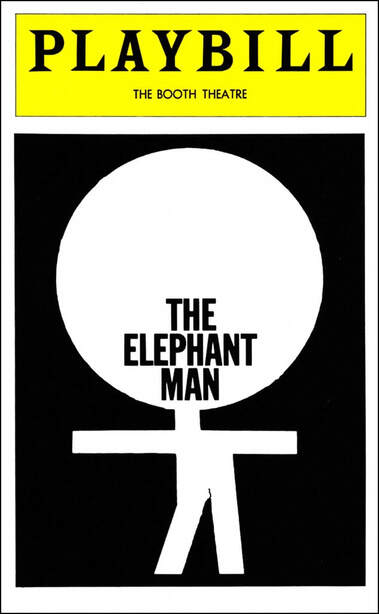
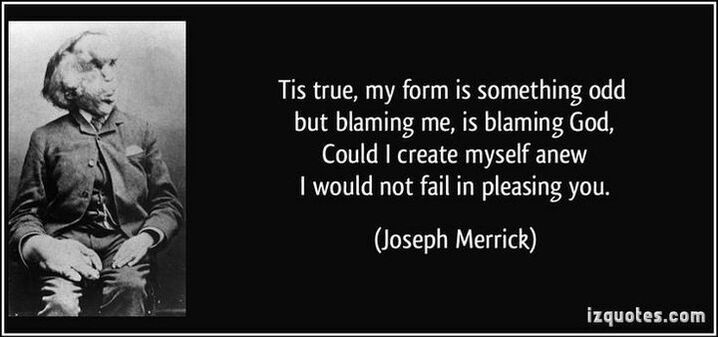
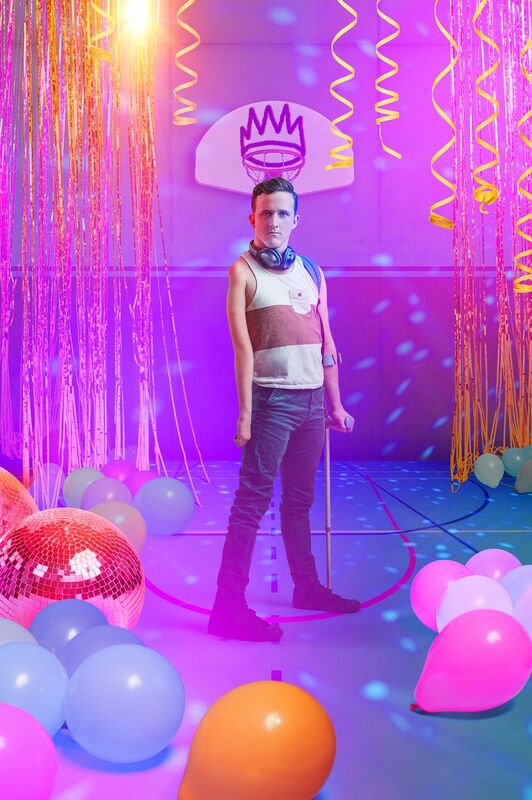
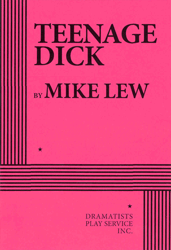
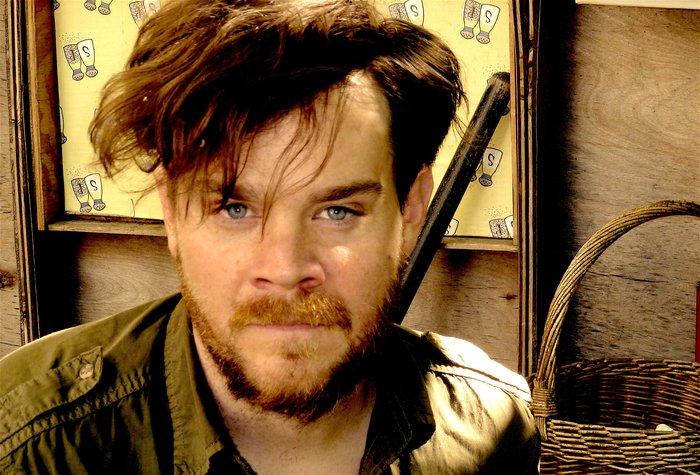
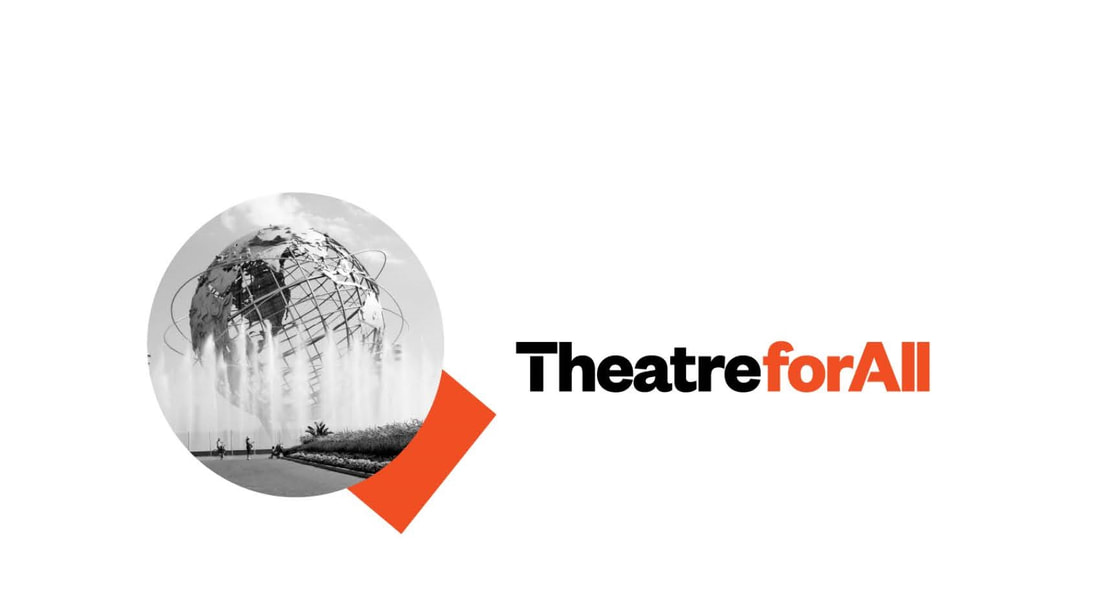
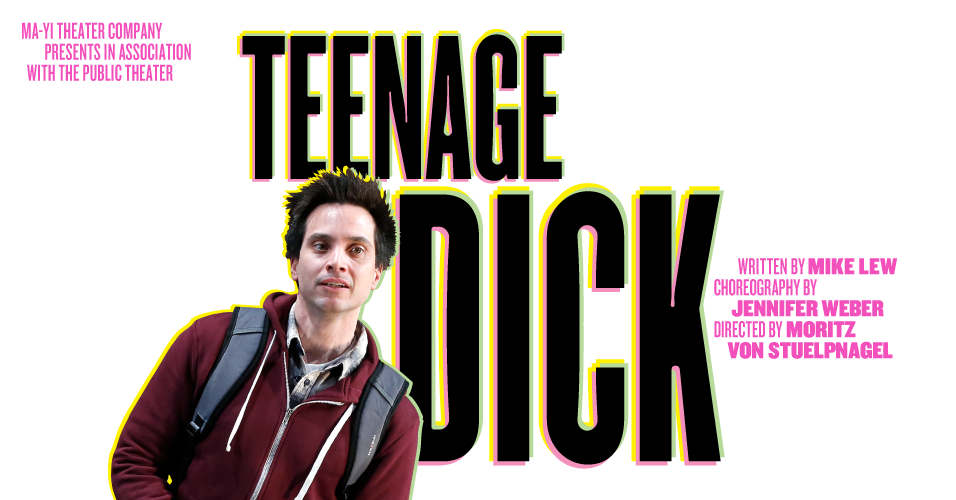
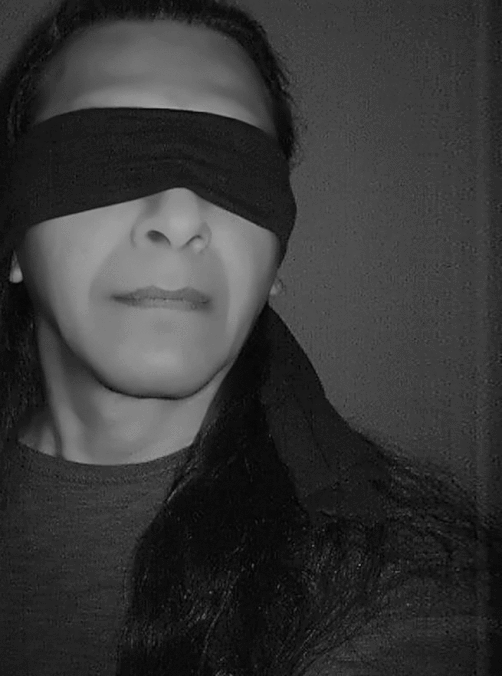
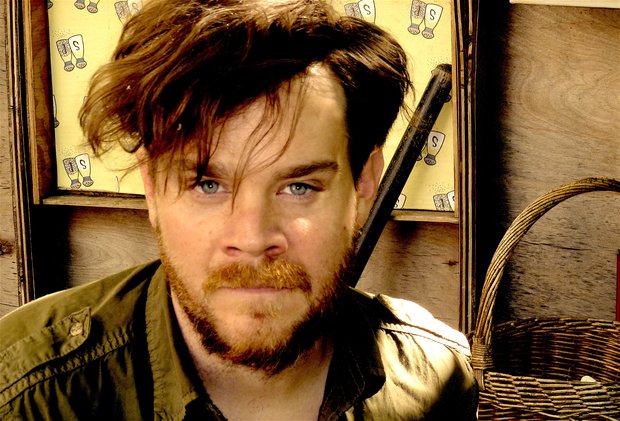

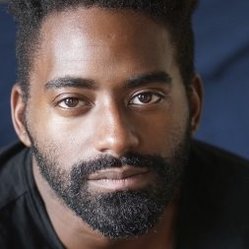



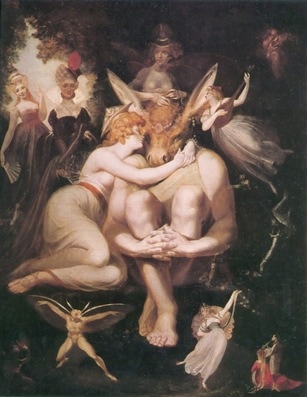
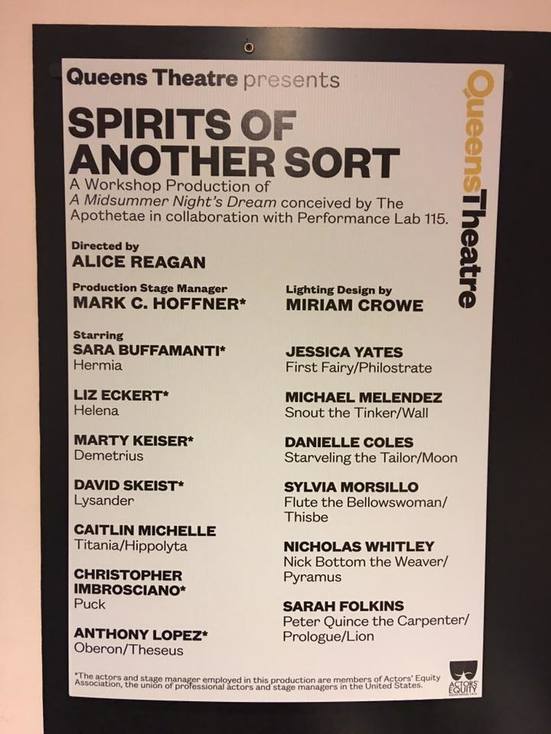
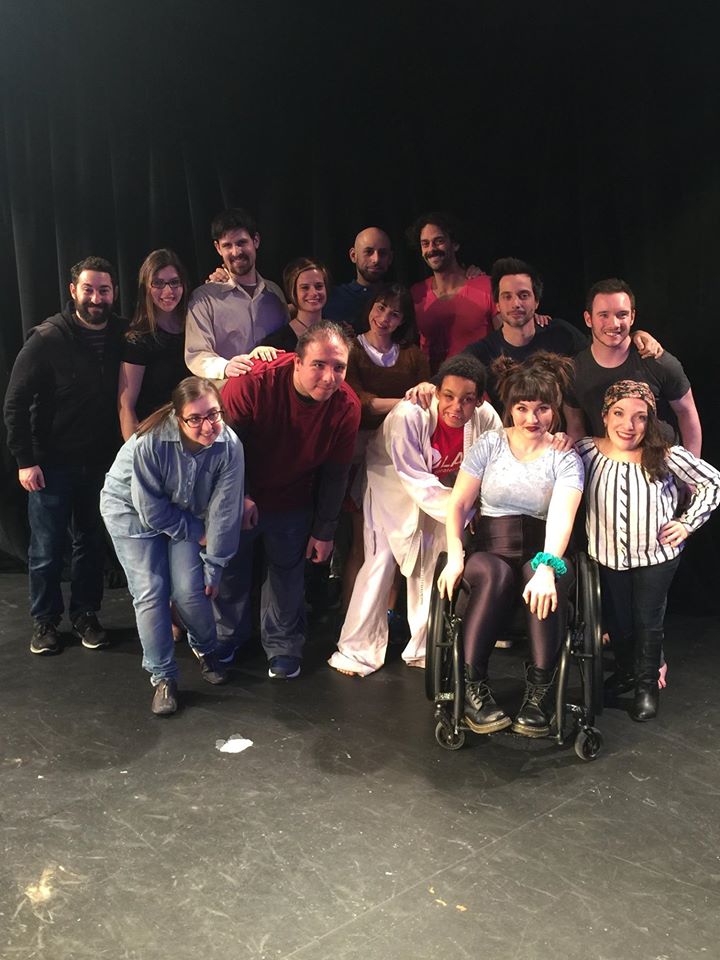
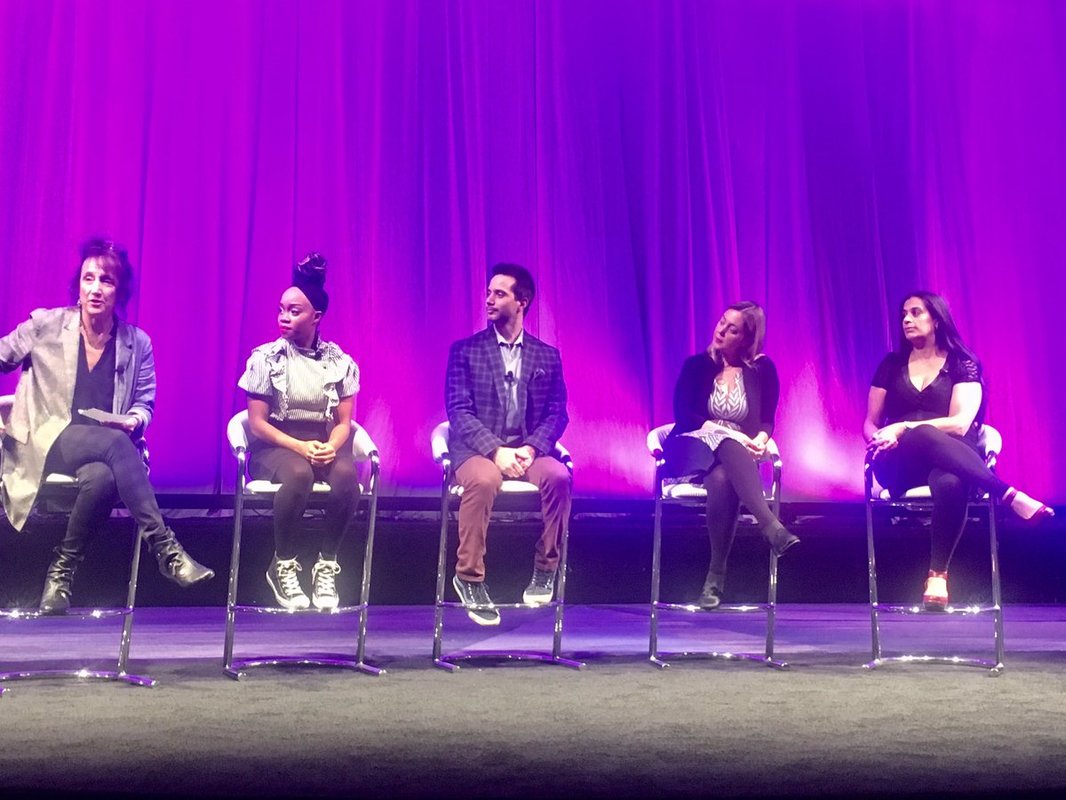
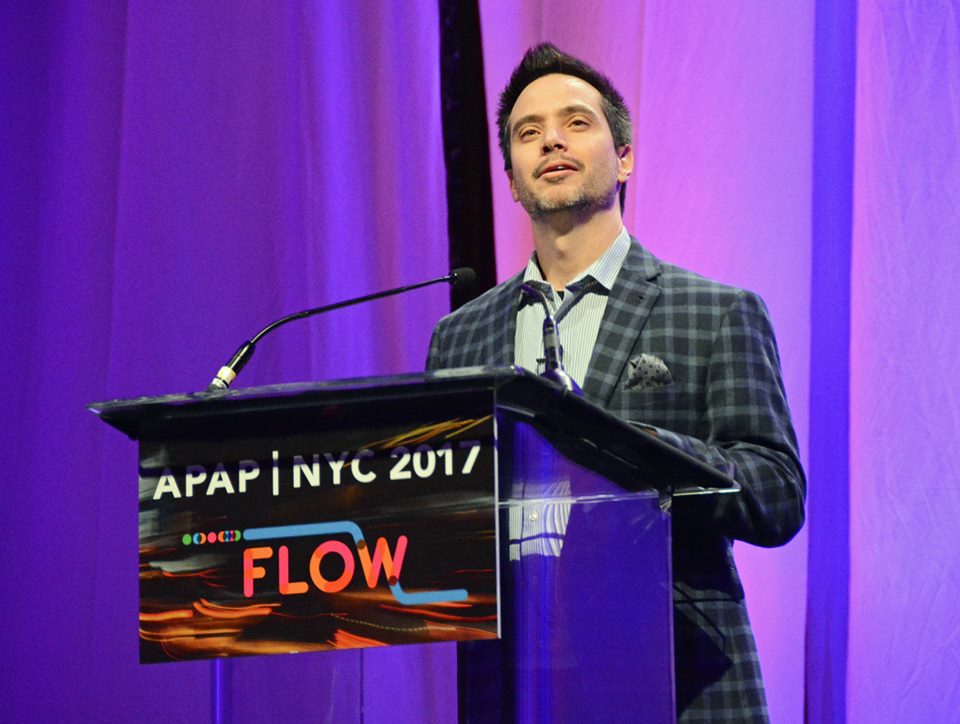
 RSS Feed
RSS Feed